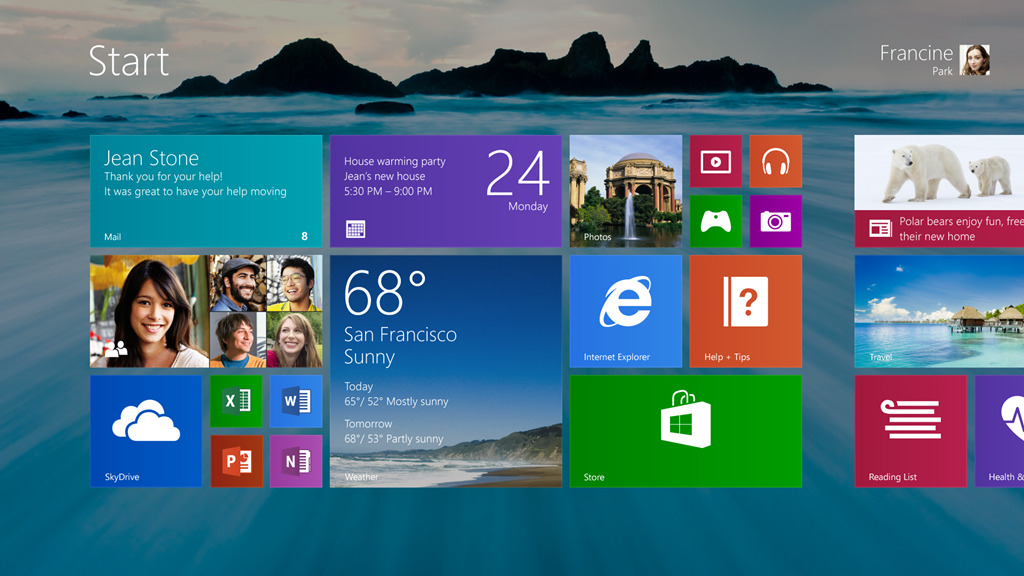Windows 8 Has 'Perhaps Destroyed The Most Successful Software Franchise Of All Time'
Longtime Windows enthusiast Paul Thurrott has been holding back no punches lately when it comes to criticizing Microsoft over Windows 8. And although he thinks that Windows 8.1 delivered some much-needed improvements to Microsoft's touch-centric operating system, he now believes the company has taken a step back based on what he's seen of the latest Windows 8.1 update that's scheduled to release in the near future.
"The problem with Update 1 isn't in any single small functional addition," he writes. "It's in the strategic direction that this update implies... So what does Update 1 add to the mix? This time around, Microsoft has committed what I consider to be the cardinal sin of Windows: It's a return to that age-old issue where Windows simply grew, spaghetti-like, to accommodate every silly possible need of the system's too diverse user group. Now, there are multiple ways to do different things in Metro, too. This previously consistent environment — like it or loathe it — has finally been put under the committee's knife."
Based on Thurrott's report, it sounds as though Microsoft has over-learned the lessons of Windows 8 so that instead of not listening to its user base enough it's now listening to its user base too much. Even worse, he thinks that these additions don't really fix the biggest problem with both Windows 8 and Windows 8.1 — namely, that "Windows isn't a single OS... it's two of them, mobile and desktop, fused together unnaturally like a Frankenstein's monster."
And because these dual operating systems have polarized longtime PC users, Thurrott declares that Windows 8 "is a disaster in every sense of the word" that may even have "perhaps destroyed the most successful software franchise of all time." While this is rather hyperbolic, it's certainly true that Microsoft will have to devote a lot of resources into making Windows 8 more acceptable to many of its customers, especially corporate IT buyers who mostly want a functioning desktop OS and who don't care if it has touch capabilities.
